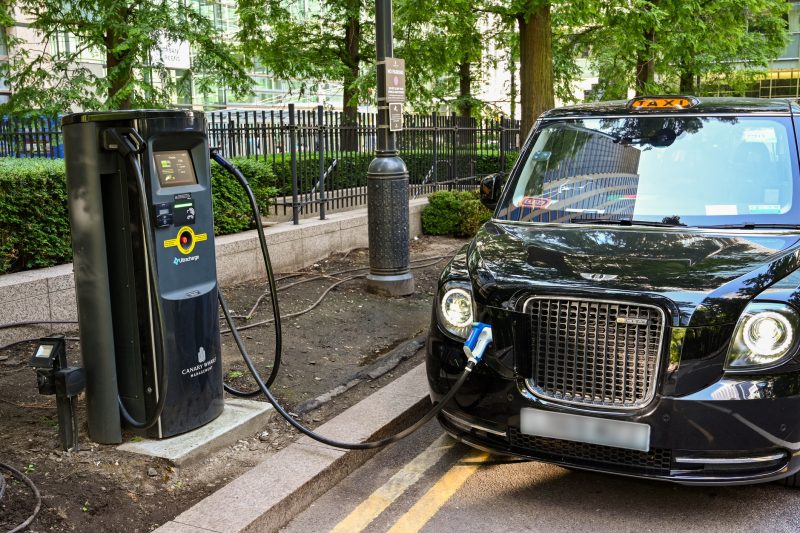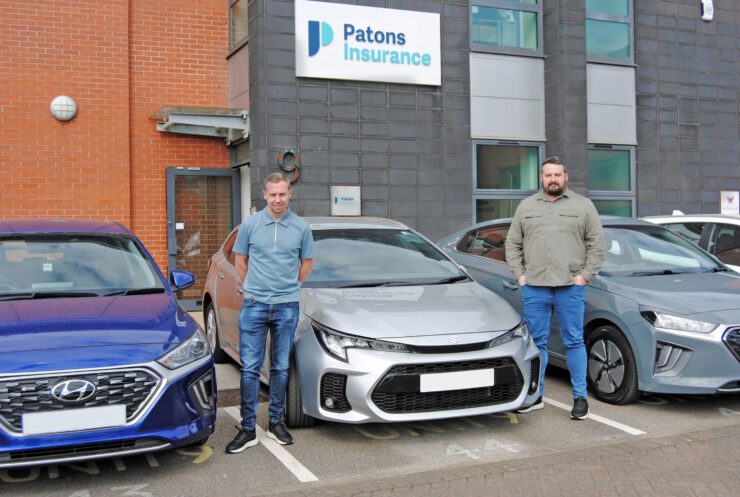Taxis and PHVs go through a huge amount of wear and tear as they clock up 25,000 to 45,000 miles a year, which means they need servicing more often than private cars.
But for those who have made the switch to an EV, while they need to stick to the servicing schedule, there is less mechanical maintenance required and therefore less cost.
Electric car leasing site LeaseLoco says these services are still vital so drivers can keep their EVs reliable and cost-effective as neglecting simple checks can lead to “reduced efficiency, charging problems, and expensive repairs”.
Battery life
The battery is the most expensive component to replace on an EV – costing anything from £10,000 to £20,000 – so it is in the driver’s interest to make sure it lasts as long as possible. To do this, LeaseLoco encourages them to keep charge levels between 20% and 80% as overcharging can decrease the life of a battery and draining it can cause it to fail.
“While fast charging is convenient, frequent use generates heat, which can degrade battery cells over time. Where possible, using a slower home or public charger can help maintain long-term efficiency.”
And, as with computers, keeping them up to date also improves performance. LeaseLoco added: “Many modern electric vehicles receive over-the-air updates that improve battery management, increase efficiency, and even extend range. While some updates install automatically, others require manual confirmation via the car’s infotainment system or mobile app. Keeping software up to date is essential for optimal performance and security.”
Keeping charging connectors clean and preventing nicks and kinks damaging the cable also improves charging and helps prolong the life of the battery.
Brakes
Leasing company Riverdale offers other important maintenance tips for taxi drivers. Many EVs use regenerative braking systems to recharge the battery while the car is on the move, “this can mean brakes are used less than in a regular car. Conversely, this makes it more important to maintain them as they can sit idle for longer.”
It also recommends that the brake fluid and pads are regularly checked and replaced when necessary.
Coolant levels
EVs do not need coolant in the same was as vehicles with combustion engines, but they do need it to maintain battery temperature. If a battery gets too hot, it can cause permanent damage or even catch fire.
Although EV cooling systems are often sealed and require a qualified technician to top them up, Riverdale recommends that drivers regularly check the levels to avoid any problems.
Tyres
Tyre safety is important with any vehicle, but with the performance of many EVs, tyres may wear out more quickly than they do on a petrol or diesel cab.
Riverdale points out that EVs often use low-rolling resistance tyres to increase efficiency and range which “wear out slower than ‘traditional’ car tyres but are also more expensive to replace”.
For safety and peace of mind, it is worth checking tyres regularly.
Windscreen
The windscreen is extremely important for visibility and safety in any vehicle and must be kept in good condition, with cracks and chips being repaired as soon as possible.
Drivers of cars deemed to be in a dangerous condition – such as having a cracked or chipped windscreen – face a fine and 3 points on their licence.
The screen wash reservoir should also be checked regularly and topped up when necessary and the wipers should also be checked and cleaned.
Riverdale’s advice to taxi drivers is: “As with personal cars, it’s just as important, if not more so, to check commercial EVs regularly and ensure they receive the correct maintenance. Alongside potentially hefty repair bills, commercial EVs that are off the road mean that organisations can’t go about their business and could lose money.”
Taxi drivers know that if they look after their vehicle, it will look after them. An EV is a major investment which they want to protect, and, over time, lower servicing costs help mitigate the financial outlay. The more mileage they get from it, the more they can earn, so it is worth taking a few extra steps to make sure their EV goes the extra mile.


